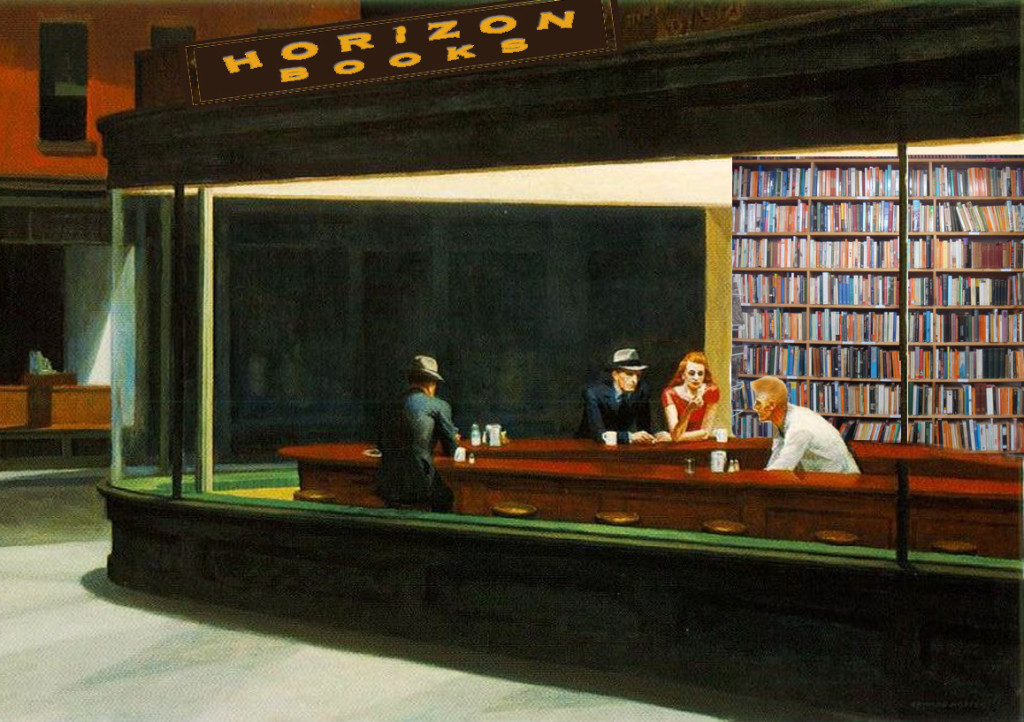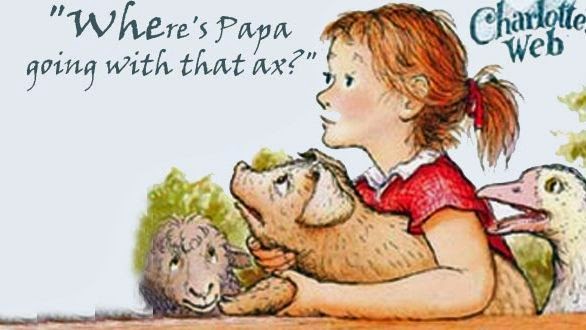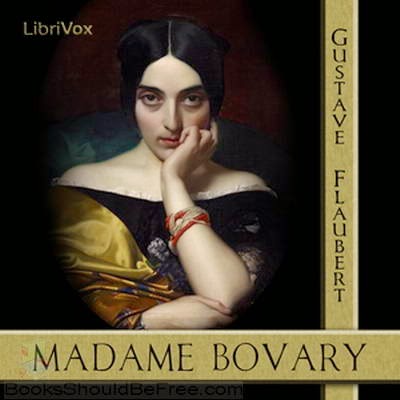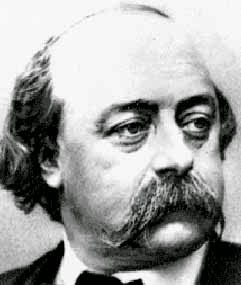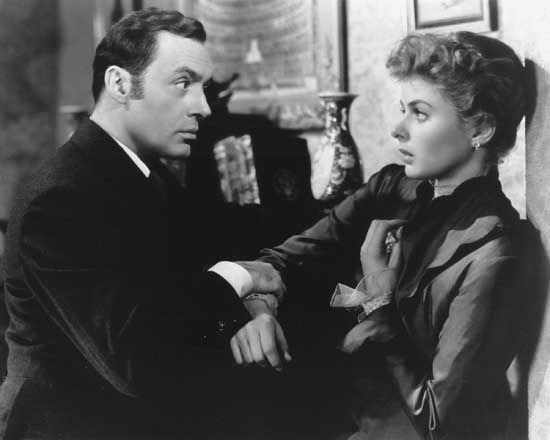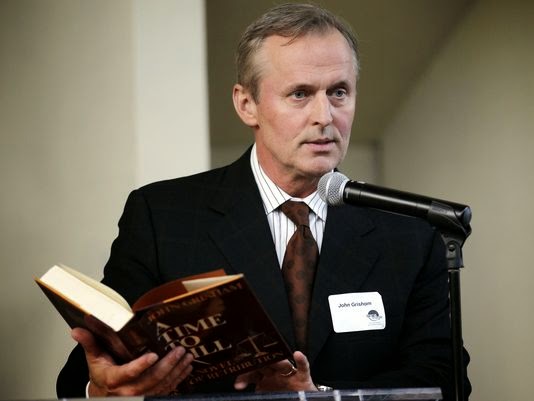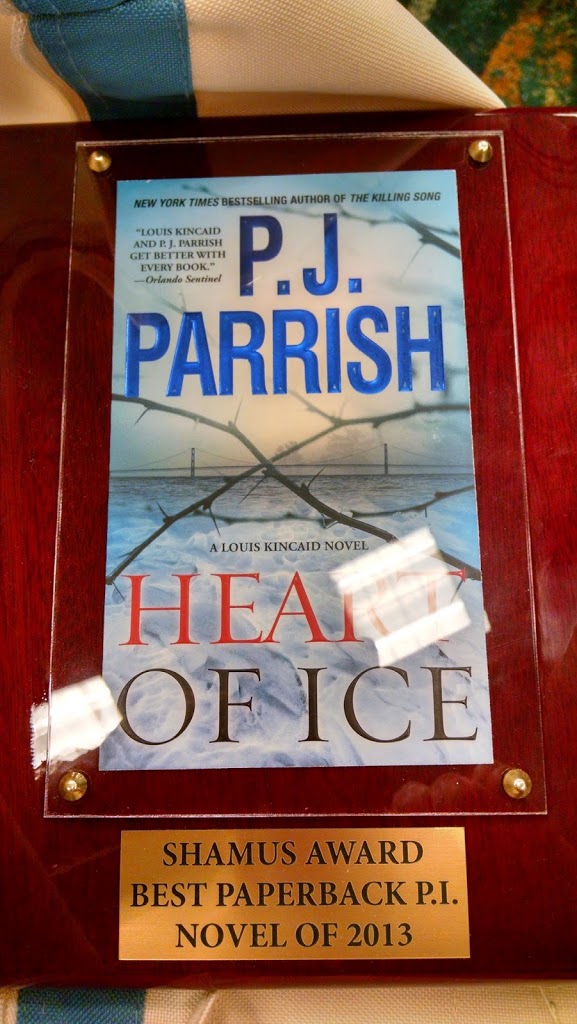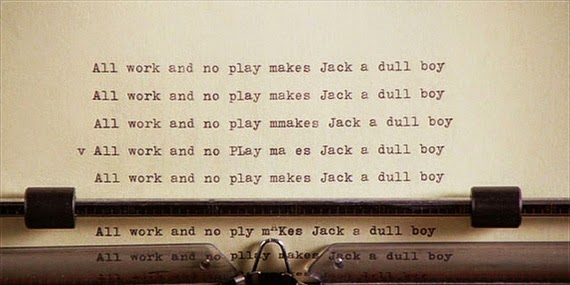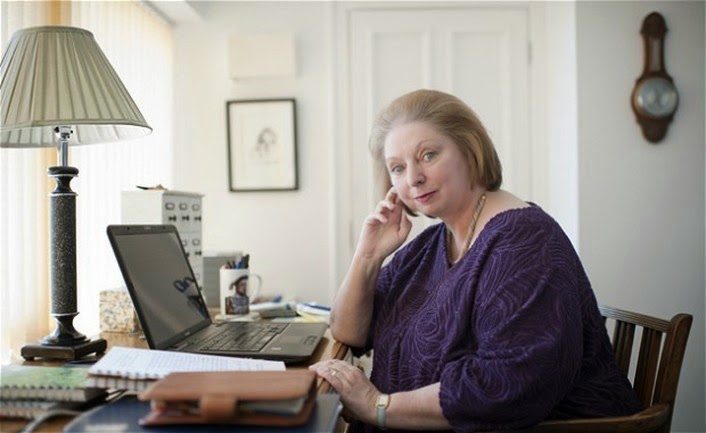Editor’s note: Kris is up in the wilds of Northern Michigan helping her sister Kelly move into a new condo. She is busy painting the kitchen so Kelly is stepping in today. All these stories are true but the customers’ names have been withheld for obvious reasons.
It was a dark and snowy night. I was working the late shift all alone at Horizon Books in Traverse City. The cavernous store was as empty and quiet as Al Capone’s vault. The windows dripped with sweaty heat. Across the street, the red neon sign of the Milk and Honey Ice Cream shop beat blood-red, like a broken heart.
I was leaning on the counter, reading a copy of Hilary Mantel’s Wolf Hall. I only cracked it open because it was my job to know what’s hot and I always did my job. But I was only twenty pages in and I was already tired of characters named Thomas.
Suddenly, the air turned cold, sashaying over me like a discarded mink stole. I saw a dame standing near the door. Red heels, silk stockings, red skirt and a high-collared leopard fur coat with a matching hat, cocked with sass. She wasn’t young but I could tell she had paid a lot of money to have folks think otherwise.
Her baby blues jumped left and right and her red lips pursed slightly as she approached the counter. I knew what she was going to ask for. I knew because not only is it my job to know what’s hot, I got a knack for knowing exactly what people want.
She was an easy read. Before she ever reached the counter, I discreetly reached into what we at the store called “The Case.” The Case is where we keep the VHS Porn Movie Guide, Cannabis Culture magazines, Naked Art Books, the Karma Sutra, and a handful of other titles low-lifes have a tendency to sticky-finger out the door.
I wrapped my hand around the slick spine of a trade pulp and laid it silently on the counter. The dame blushed and reached her for dough. It cost her sixteen Washingtons, all shades of green, but I had a feeling that she would’ve paid fifty, one dollar for each shade of Grey.
Then she was gone into the white confetti of the Michigan night, just one of a hundred happy Horizon readers, eager to experience literary new worlds.
I was just being introduced to yet another Thomas in Wolf Hall when the door opened again. This time, it wasn’t milk and honey but milk and cookies. Shirley Temple with red hair and Sock Monkey mittens. She could barely see over the counter.
“Do you have Mable Makes a Move by Anne Mazer?”
I love little kids who read. There are so few nowadays. I punched at a keyboard that was so old it looked brushed with fingerprint dust, and scrolled through our 1990s WordStock system for the title. Yeah, the computer’s as old as the Clinton-Lewinsky scandal, but hey, it works. And indie bookstores don’t have much cash flow. Nothing came up. Section 904 -– younger young adult — is not my area of expertise. I’m a hard-boiled kind of clerk.
“Is that part of a series?” I asked.
She gave me the How-dumb-are-you? eye roll. “It’s the Sister Magic series. Book Six. Anne Mazer. M-a-z-e-r.”
Feeling a hundred years old, I strolled to the 904 aisle to get the book for Miss Sassy Pants. But I found myself standing there in a maze of pink and purple books, all with glittery spines and little blonde girls and unicorns on the covers.
“There it is,” the girl said as she snatched the book from the shelf. She was back at the counter with the exact change before I could bag her up.
“You’ll enjoy that book,” I say to make conversation as she counted her pennies.
“It’s not for me,” she said. “It’s for my younger sister. I’m reading The Chronicles of Narnia by C.S. Lewis. It’s very old but holds up well. Thank you.”
I sighed in satisfaction as I watched her go, amazed and hopeful for the next generation. Finding the right book for the right reader is the best part of my job. But that’s only part of what goes on in an independent bookstore.
We all wear many fedoras here. We shelve new arrivals and ship out the flash-in-the pan hardcovers when they fall off the NYT list. We find impossible-to-find out of print titles for discerning readers. We babysit authors for signings, from the local geezer who wrote a fly-fishing guide to the likes of Steve Hamilton and Mardi Link. We tote books to business luncheons, library fund raisers and school carnivals. And yeah, we make coffee, too. Some of us even know latte art.
You learn a lot working behind the scenes. Some things you might not want to know, like what’s really in a Jimmy Dean sausage. But if you want the dope on how you, as an author, can get the “bulge” (advantage) when working with an indie store, well, maybe this hardboiled old bookseller can give you some hints:
1. Don’t piss off the Author Events Manager.
2. Do not bring in consignment books without being asked.
3. When you first approach the Events Manager, please arrive with sufficient materials in hand so the manager knows what the book is about. A copy of the book might be good.
4. Do not call every Sunday and ask how many books you sold this week.
5. Do not show up late for your event. Maybe, just maybe, people might be waiting.
6. Don’t be a stump. Most events will not require you speak to a group. Your first store events will be done at a table, behind a pile of books. STAND UP. Talk to people, and smile. Have postcards or flyers with a synopsis and let the customer walk away and read your stuff. Pretty good chance they will come back and buy. Flyers can be printed at home!
7. If your book is non-returnable, do not expect your bookstore to carry it on any basis but consignment. You bring it in and get paid only if you sell one.
8. If your book is consignment, do not be surprised if your local store refuses to carry it or do an event. It’s just the way it is. However, even if your book is from Createspace, if it has local interest, many stores are very likely to not only carry it, but actively promote it.
9. If you visit your bookstore as a reader, do not ask a salesperson to look up a book and when you find out the store does not have it but can order it for you, do not tell them you are going to go home and order it from Amazon, where you can get it cheaper. You might find yourself with a boot up your butt as you go out the door.
10. Remember that the folks who work in indie bookstores usually are there because they really love books. And writers. But remember that they are human and just might be having a bad day at the latte machine or just had to deal with a really dicey customer.
Which brings me back to that dark and snowy night. It was near closing and I had already done most my duties: run out the stragglers, reshelved the books people sat and read for eight hours, cleaned the coffee bar, took out the trash, and rolled the pennies for the day shift.
I was this close to a clean getaway when another cold blast of air made me look to the front door.
The kid was standing there wet and bedraggled. As he slurped over toward me, I saw the piercing in his nose and the desperation in his eyes.
“I need a book,” he whispered.
I had already locked up The Case and wasn’t about to open it for another would-be weed farmer.
“We got books,” I said.
“I need it for school,” the kid said. “It’s called One Flew Over the Cuckoo’s Nest.”
The kid looked like he didn’t have the strength to go get it himself, so I hopped over, came back and slid the slender paperback across the counter. He stared at it like it was a dead walleye.
“Is this hard stuff?” he asked.
“Not too bad.” I paused, feeling a moment of pity for this pathetic creature. “You seen the movie?” I asked.
His eyes brightened. “There’s a movie?”
“Yeah, it’s a little dated but it’s good and has a powerful message on the mental health system in America.”
The light left his eyes.
“Hey, you can’t go wrong with Jack Nicholson,” I said.
“Who’s he?”
I shook my head and picked up the wad of crumbled bills the kid had set on the counter. I bagged up his book and sent him back out into the night, locking the door behind him. I watched him until he disappeared into the swirling snow.
Life wore a man out, wore a man thin. Tomorrow would be a better day.
I pulled the string on the light and the neon – BOOKS! OPEN! – sign went silent.

